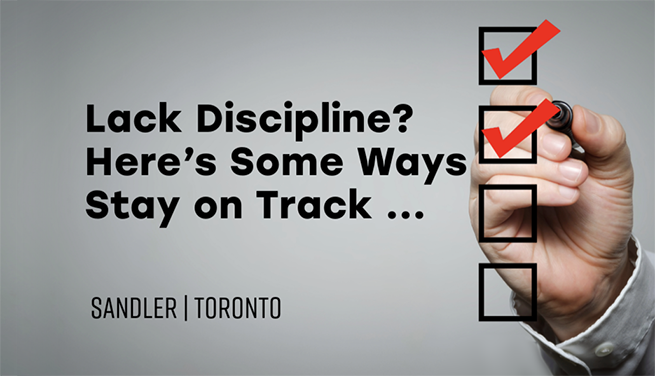The Power of Accountability in Staying Disciplined
Sticking to long-term goals isn’t just about motivation—it’s about accountability. When you share your goals with others, whether it’s friends, colleagues, or an online community, you create a sense of responsibility to follow through. That little extra pressure can push you to stay committed even when motivation dips.
But accountability isn’t just external. Holding yourself accountable through regular check-ins and honest self-reflection is just as important. The key? Setting clear goals and finding ways to keep yourself on track, whether through an accountability partner, reminders, or public commitments.
Simple Scheduling for Better Productivity
A well-planned schedule is your best friend when it comes to discipline. Time blocking—dedicating specific time slots to tasks—helps you stay focused and reduces procrastination. Setting reminders, whether on your phone or sticky notes, also keeps important tasks from slipping through the cracks.
The trick is making scheduling simple and realistic. Overcomplicating it leads to burnout, so aim for a system that keeps you organized without overwhelming you.
Action Over Overthinking
Discipline isn’t about perfection—it’s about taking action. Small, consistent steps matter more than waiting for the perfect plan. Whether it’s posting regularly on LinkedIn, making time for self-improvement, or sticking to a new habit, action fuels momentum.
Overthinking can be a discipline killer. Instead of getting stuck in planning mode, focus on doing. Make decisions, adjust as you go, and build confidence through progress.
Bringing It All Together
Accountability, scheduling, and action are the foundation of discipline. Start by defining your goals, sharing them with the right people, and creating a structure that supports your success. Keep it simple, stay consistent, and remember—discipline isn’t about restriction, it’s about building the habits that help you achieve what matters most.






